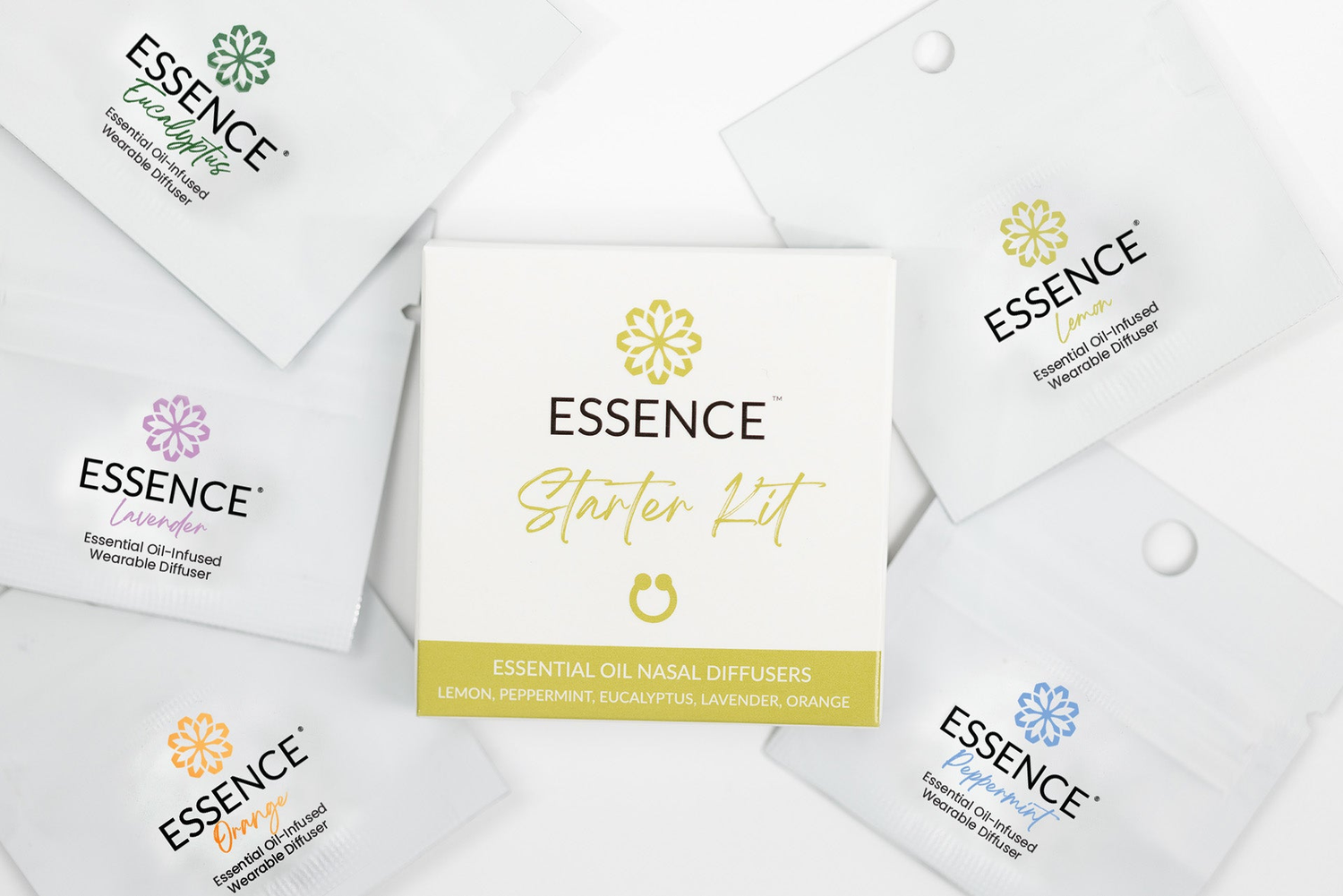In the bustling world of wellness trends, few practices have endured the test of time like aromatherapy. From ancient civilizations to modern spa treatments, the use of aromatic plant extracts, known as essential oils, has persisted for centuries. But what exactly is the science behind aromatherapy, and how do these tiny vials of fragrant oils work their magic on both the body and mind?
At its core, aromatherapy harnesses the therapeutic properties of essential oils to promote holistic well-being. These oils are derived from various parts of plants, including flowers, leaves, stems, bark, and roots, through processes like steam distillation or cold pressing. Each essential oil contains a complex mixture of volatile compounds, including terpenes, esters, alcohols, and phenols, which give them their distinctive aroma and therapeutic effects.
One of the primary ways essential oils exert their influence is through the olfactory system—the sense of smell. When we inhale the aroma of an essential oil, odor molecules stimulate olfactory receptors in the nasal cavity, sending signals to the brain's limbic system. This ancient part of the brain is closely associated with emotions, memories, and instinctual behaviors.
Research has shown that specific essential oils can elicit profound physiological and psychological responses. For example, the scent of lavender has been found to reduce anxiety and promote relaxation by increasing the activity of neurotransmitters like serotonin and gamma-aminobutyric acid (GABA) in the brain. Similarly, peppermint oil has been shown to enhance alertness and cognitive performance by stimulating the central nervous system.
But the benefits of aromatherapy extend beyond the realm of emotions and cognition. Essential oils can also exert direct effects on the body through absorption into the bloodstream and topical application. When applied to the skin, certain oils can penetrate the dermal layers and enter the bloodstream, where they may exhibit analgesic, anti-inflammatory, or antimicrobial properties.
For example, tea tree oil is renowned for its antibacterial and antifungal properties, making it a popular choice for treating acne, fungal infections, and minor wounds. Meanwhile, eucalyptus oil is commonly used to relieve respiratory congestion and cough symptoms due to its mucolytic and bronchodilator effects.
Moreover, emerging research suggests that some essential oils may modulate gene expression and cellular signaling pathways, influencing processes like inflammation, oxidative stress, and immune function. These findings underscore the potential therapeutic applications of aromatherapy in managing chronic conditions such as arthritis, asthma, and autoimmune disorders.
It's essential to note that while aromatherapy offers a natural and gentle approach to wellness, it is not a cure-all remedy. Like any complementary therapy, it should be used judiciously and in conjunction with conventional medical treatments when necessary. Additionally, individual responses to essential oils can vary, so it's crucial to perform patch tests and consult with a qualified aromatherapist or healthcare provider before embarking on a new regimen.
In conclusion, the science behind aromatherapy reveals a fascinating interplay between aromatic compounds, the nervous system, and physiological processes. From calming the mind to soothing the body, essential oils offer a multifaceted approach to holistic health and well-being. By understanding how these potent plant extracts work, we can unlock their full potential and harness the power of nature to enhance our lives.
Whether you're seeking stress relief, pain management, or simply a moment of tranquility in a hectic world, aromatherapy invites you to indulge your senses and reconnect with the healing wisdom of the natural world.


